Biel Amer is a journalist, art critic, exhibition curator, expert in cultural events… Art is his ecosystem. He has published hundreds of exhibition reviews and articles on authors and is also a contributor to Mallorca Global. Amer has now published his first novel, “Imperfect Elegy”, which takes place in rural post-war Mallorca.
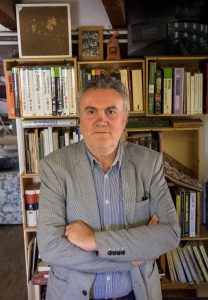
Biel Amer, author of “Imperfect Elegy”.
You have devoted several years to “Imperfect Elegy”. How has that work been until the novel has seen the light?
From the idea I had, I started to write and I was reviewing a lot, seeing how everything fit together, the plot was emerging, the characters taking shape and relating to the extent that you want the story to advance. In this sense, it was about letting the characters grow and linking the stories, creating relationships between the characters.
How would you describe the novel so that the readers know what they are going to find in it?
It is a story in which I have tried to generate a debate around human relations, which is what interests me. About how people relate and giving them their own story, each of the three characters: father, mother and daughter. Not so much to justify actions but also to understand that some things that happen have a residue that comes from behind. In that story, different personality traits of each character appear. The father has to come from Venezuela because his parents have died (later he will find out how). The mother also has to come to work in Mallorca in some mines in the postwar years. I portray how she lives that arrival and how she has to adapt to a different and new life. And the daughter, who lives between a love and a lack of love on the part of her parents and tries to discover what the causes are. There the plot swings, which is resolved in just two weeks.
“The center of the island has other tempos that, although today they are more mixed, at the end of the last century still existed”
The story takes place in rural Mallorca. What role does the island play?
The history of rural Mallorca is that which occurs in different areas. The coast is much more developed in other respects. But the one in the center of the island has other tempos, which today are more mixed but at the end of the last century still existed. There are even habits that continue today. It is a scenario in which the characters grow despite the social changes that exist. There are elements that are very typical, or topical, of that rural part of the towns that continue to live not so much with their backs to tourism, but despite tourism. In the book there are brushstrokes that distinguish the life of the coast, the capital or any town on the island, which has not had an industrialization and continues to live from the environment in a calm that also stands as value.
What has it meant to launch a book in the midst of a pandemic?
In January 2020 I started presenting the book. The week of confinement he had two presentations, in Santa Maria and in Alaró. He had been to Manacor, Pollença, Inca, Palma … But the libraries and cultural centers wanted him to come and present it. With the pandemic, everything was stopped even until today due to the restrictions when doing this type of act. However, the book continues to be sold in bookstores and on digital platforms.
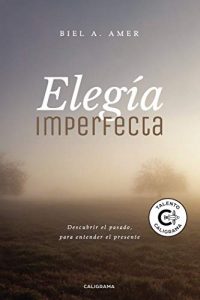
“The cultural sector is suffering. The artists continue with their work, but human contact is lacking”
As an expert in the field, what is the role of art in these times?
Art and culture have not stopped. The artists continue working, what however there is not is the presentation of culture. We have seen magnificent musical works, etc. from home via the Internet. But you are overwhelmed by that anguish of not knowing if the work will be seen by someone or not. Actors, musicians, writers … In the end they all suffer it, and although they continue with their work, there is no contact with the public. In art, the virtual format is not the same, since its objective is to enter the work and for the work to enter you. The sector is suffering, but artists who continue to work come to the fore. Human contact is needed, because if you don’t you won’t move forward.
What other projects do you have right now?
There are several things that are pending. This is the case of an exhibition on the landscape, which has been delayed by the pandemic. For the rest, I keep writing, there are projects in progress, but it is difficult to concentrate with less freedom. Before you mixed with people, you talked, and that contributed and helped the creative process. We will have to see how all this evolves. Hopefully soon we can get back to business as before.

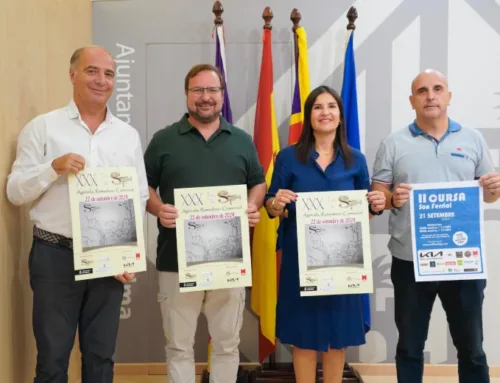
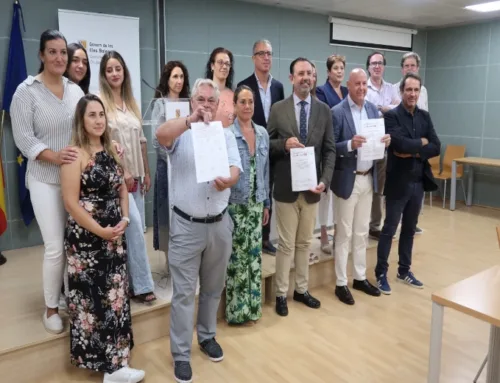
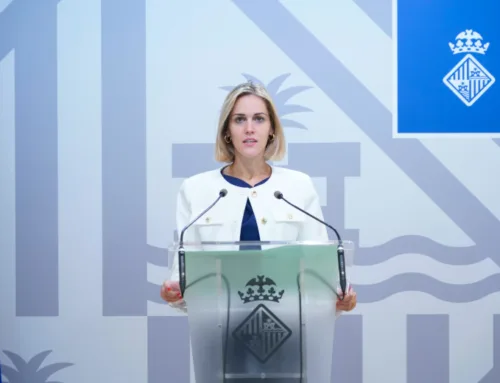
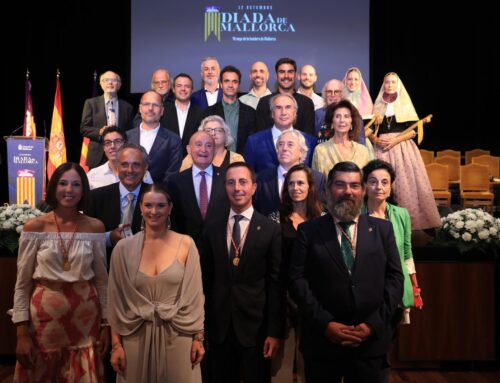
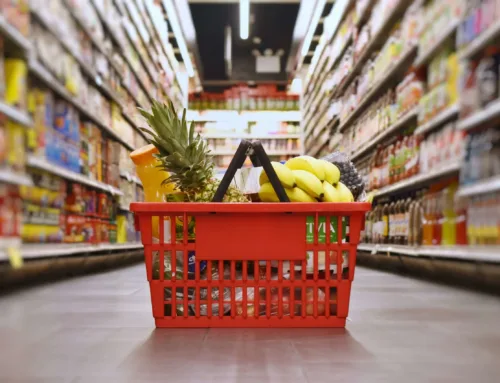

Leave A Comment